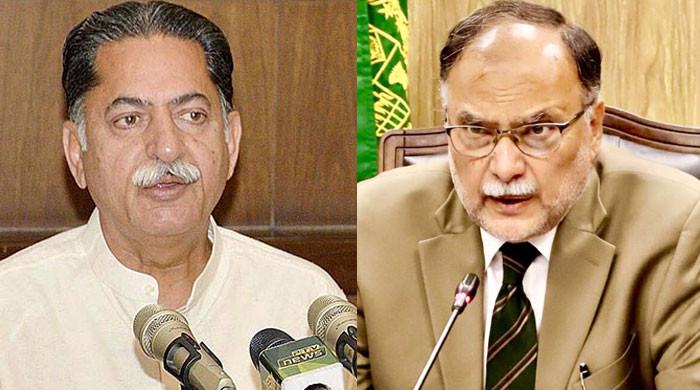Seat Adjustments
As the general elections in Pakistan approach, the Pakistan Muslim League-Nawaz (PML-N) finds itself entangled in a web of confusion and conflicting statements regarding seat adjustments with political rivals, particularly the Istehkam-e-Pakistan Party (IPP) and Pakistan Muslim League-Quaid (PML-Q). The PML-N, a former ruling party with a stronghold in Punjab, is grappling with internal divisions over the prospect of forming alliances in various provinces.
Senior PML-N leader Javed Latif dismissed reports of alliances or seat adjustments, asserting that the party would independently contest the upcoming general elections in Punjab. However, Ahsan Iqbal, another prominent figure in the Nawaz Sharif-led party, contradicted this stance, expressing the belief that seat adjustments would be pursued in Punjab, Sindh, Khyber Pakhtunkhwa, and Balochistan to guide the country toward development.
With less than two months remaining until the nationwide polls, the PML-N is actively engaged in electioneering while reportedly exploring electoral alliances and seat adjustments across the country. Despite Latif’s denial, reports suggest that the party reluctantly agreed to seat adjustments due to pressure from influential quarters.
The Pakistan Peoples Party (PPP), a former ally of the PML-N, has been critical of the party’s attempts to secure a fourth term in power, with PPP leader Qamar Zaman Kaira insinuating that Nawaz Sharif is receiving preferential treatment.
Recent reports indicate that the PML-N has negotiated a seat adjustment deal with the IPP, and earlier, there were indications of a similar arrangement with the PML-Q. The conflicting statements from PML-N leaders further complicate the party’s position, with Latif emphasizing no alliances while Iqbal advocates for broad-based consensus to address the country’s economic challenges.
As the political landscape evolves, the PML-N’s internal dynamics and its interactions with potential allies underscore the complex nature of electoral politics in Pakistan. The party’s ability to navigate these challenges will play a crucial role in shaping the outcome of the upcoming elections on February 8, 2024.


